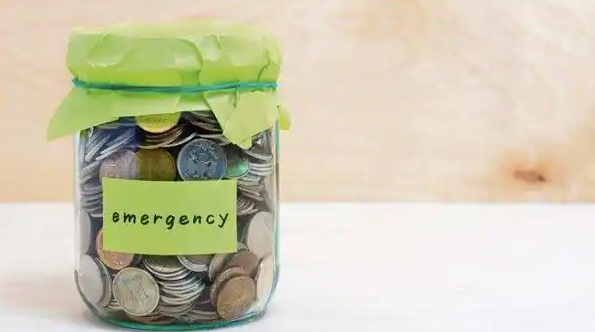A sufficient amount of funds should be kept aside, depending on the financial capacity of individuals and their family requirements
You may need an emergency fund because your income may reduce overtime due to uncertainties
Do you need an emergency fund account? Aren’t you doing fine for now, without it? The covid-19 pandemic has taught us that an emergency can happen anytime, at any point in one’s life. While covid is one such example, many other unforeseen circumstances can occur in the lives of individuals. Thus, emergency funds are of utmost necessity in anyone’s life. It can help individuals in case of an unprecedented event like job loss, medical expenses, critical illness, etc.
A sufficient amount of funds should be kept aside, depending on the financial capacity of individuals and their family requirements. Hence, post the pandemic scenario, people understand the importance of emergency funds to a considerable extent.
Why you should create an emergency fund: Creating a safety net in job loss or uncertainty is always essential. Sushil Jain, chief executive, PersonalCFO.in, said that typically an emergency fund is created for unexpected events like losing active income and medical insurance reimbursement delays. “An emergency fund is more important now due to covid-19. You may not get passive income like rent as people start to work from home. You get lesser job opportunities. Besides, it takes additional time to get a new job than expected in a usual scenario,” said Jain.
Further, you need an emergency fund because your income may reduce due to uncertainties. However, your expenses will remain the same or increase day by day. For instance, equated monthly instalments (EMIs) stay the same, but the school fees increase as your child goes to higher classes and household expenses also increase due to staying at home.
Where to keep the emergency fund: You can keep your emergency funds in a high-yield savings account. There are several banks that offer you a good interest rate on the savings bank account compared to their regular savings bank account.
With the help of a sweep-in facility, you can easily get any sum in excess to your savings bank account by liquidating your FDs. In such a case, the FDs can get liquidated on the same day on a working day at a nearest bank branch. If you have a net-banking facility, you can do it online as well. Similarly, you can save money for emergency funds in money market funds, which are similar to high-yield savings accounts.
Anup Bansal, chief investment officer, Scripbox, said that while creating an emergency fund through investments, quick access is most important. One should not worry about the returns. Once the amount is identified for the emergency fund, a three-tier structure may be created.
“70% of the amount may be invested in the ‘liquid fund’ mutual funds category which is designed to give safety of capital the highest importance. There is negligible exit load for liquid funds and the redeemed amount is available within one working day. 15% of the amount may be invested in savings banks for any online and mobile payments. Remaining 15% of the amount can be accessed through credit card. However, no balances should be carried beyond the payment cycle,” Bansal said.















